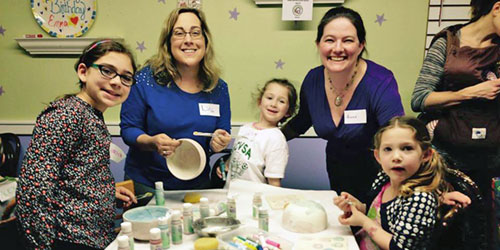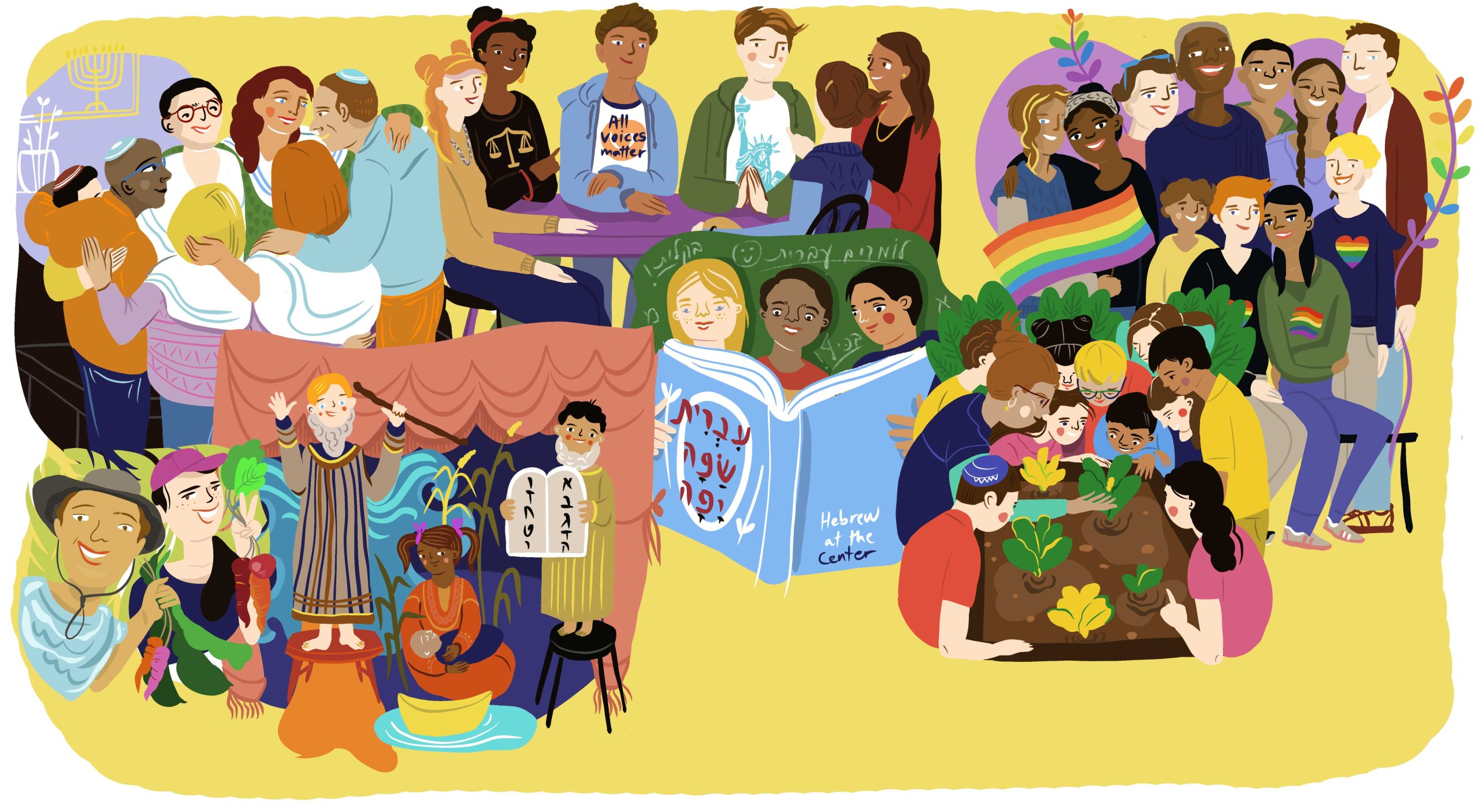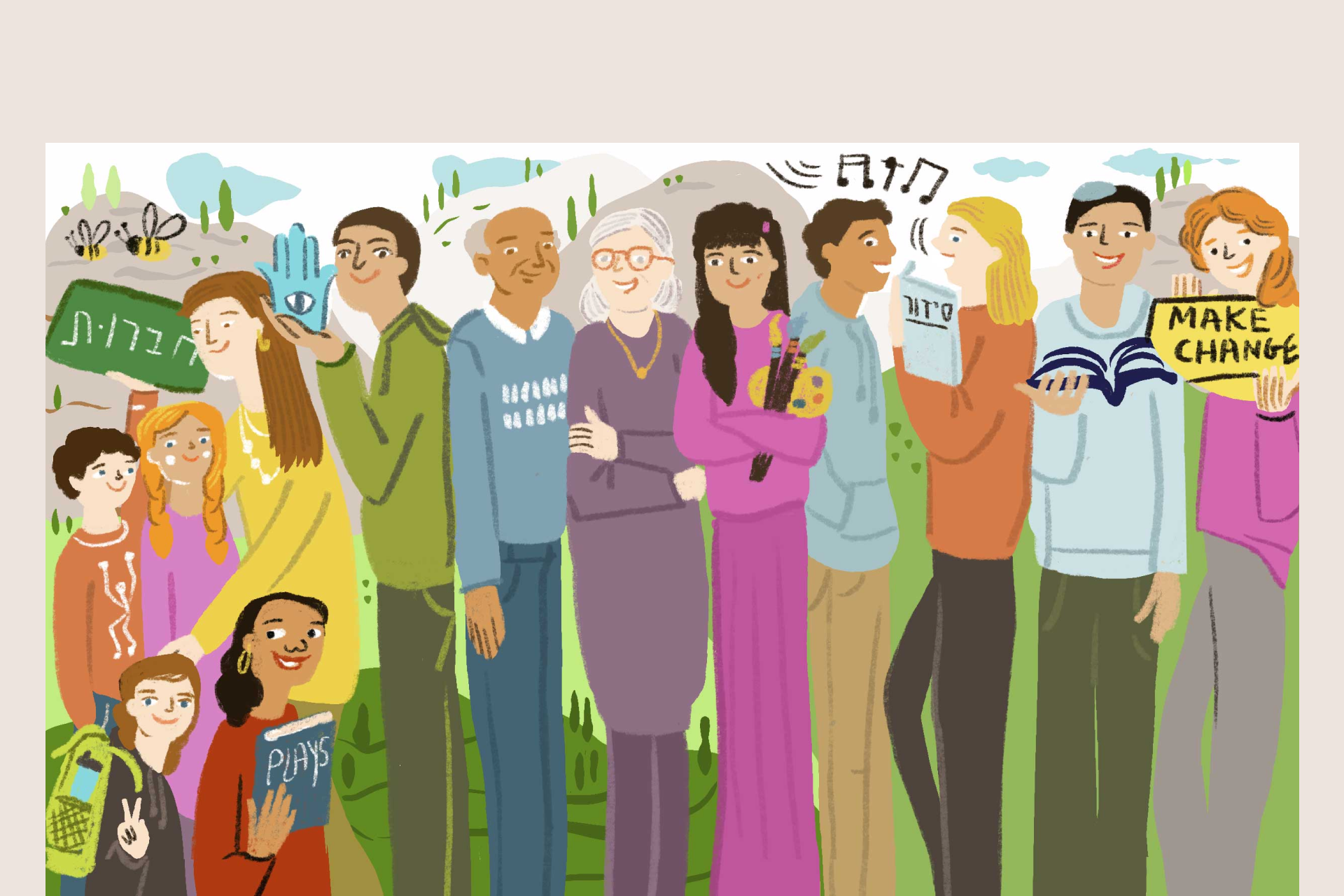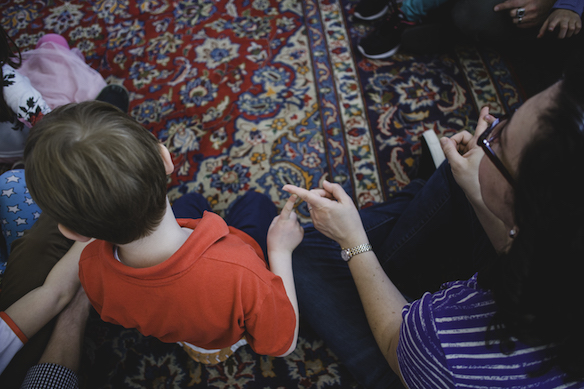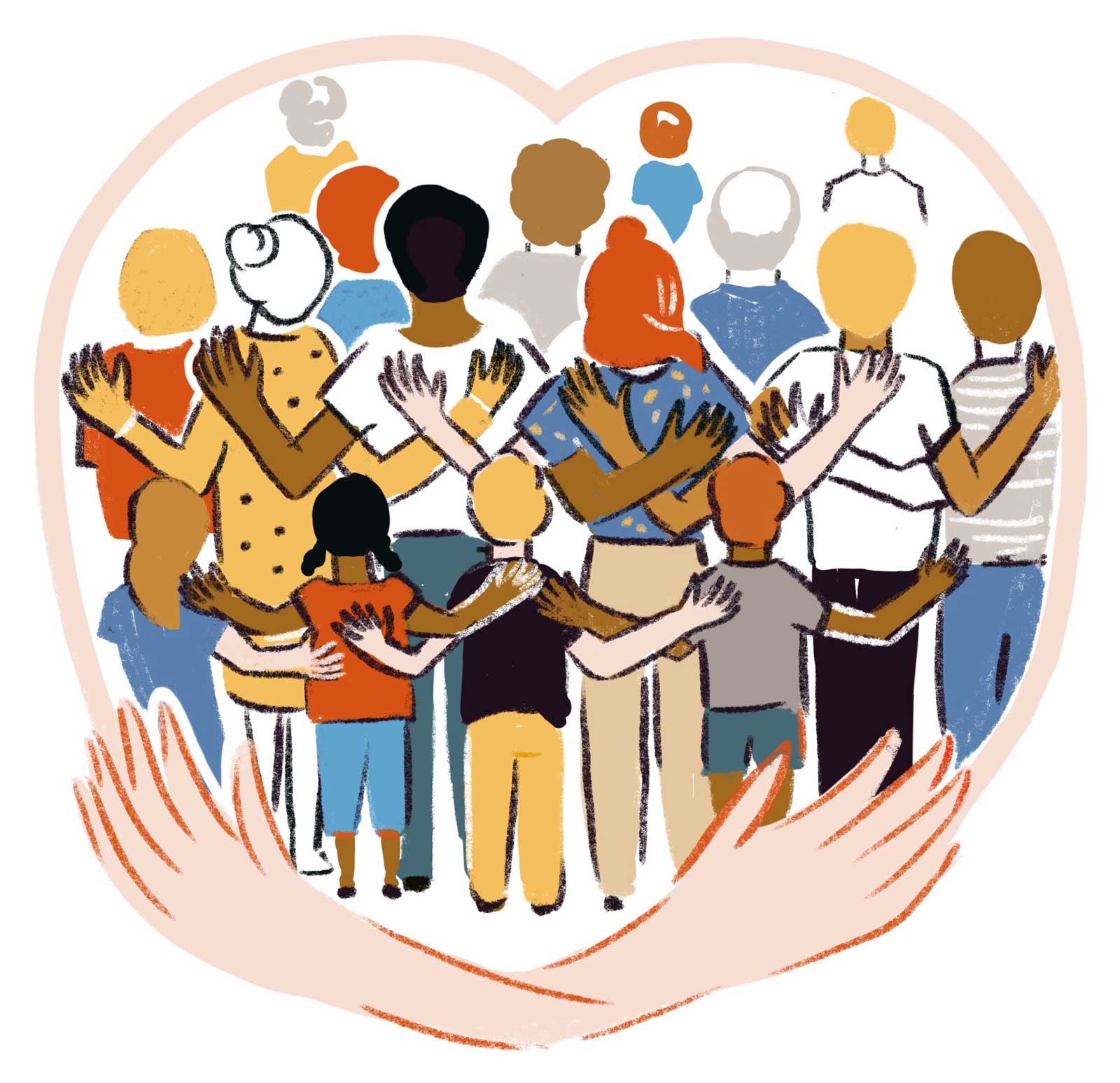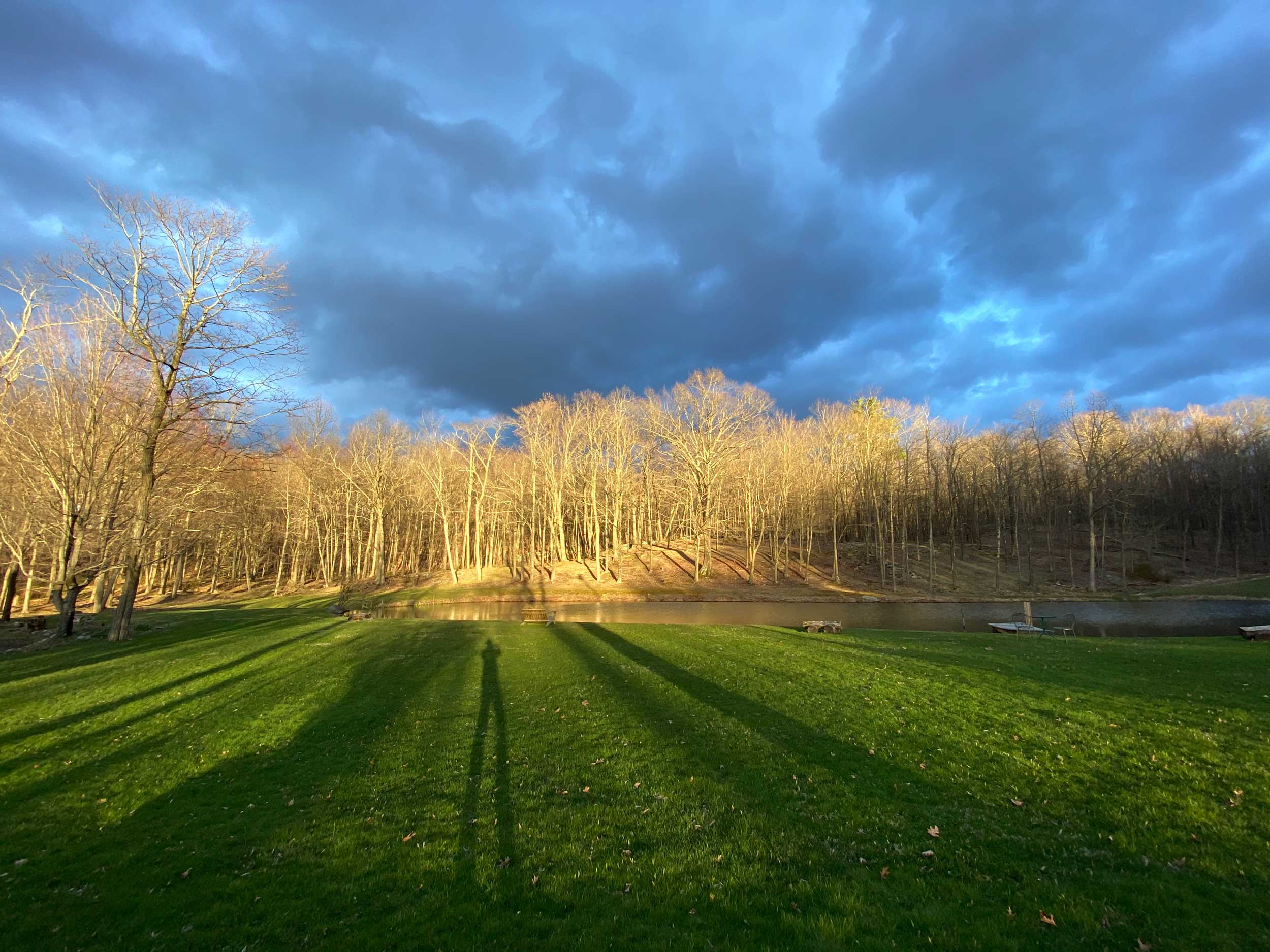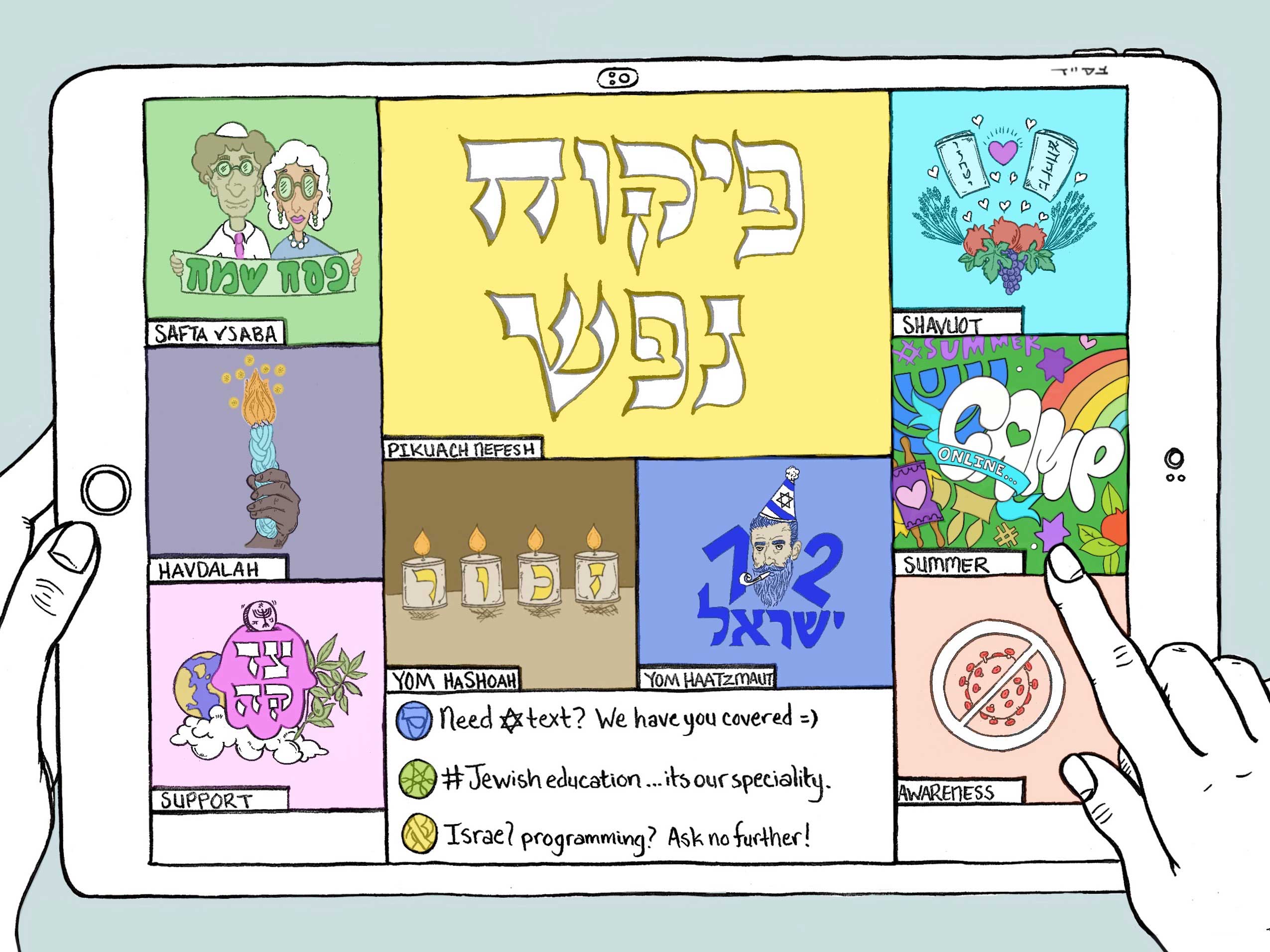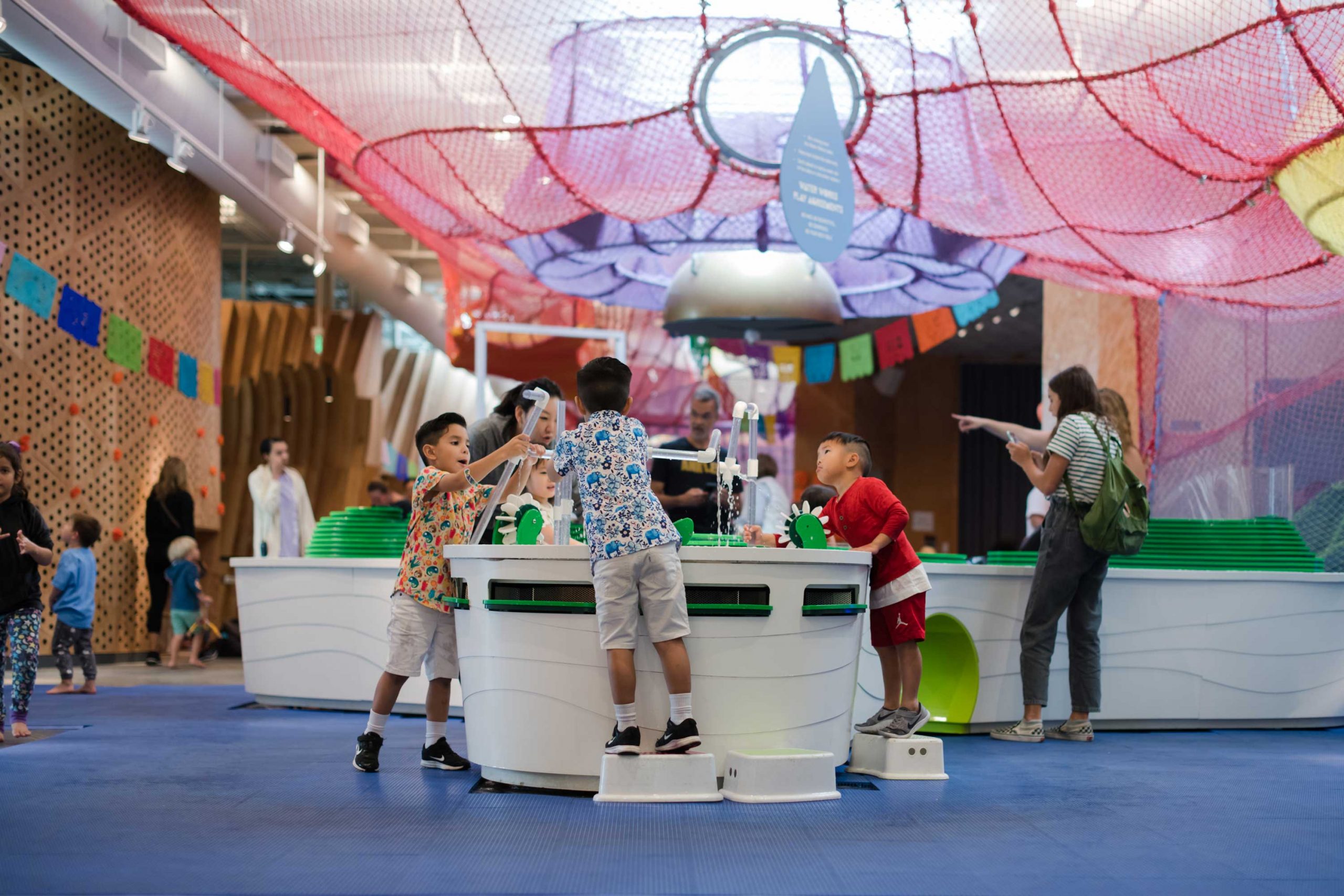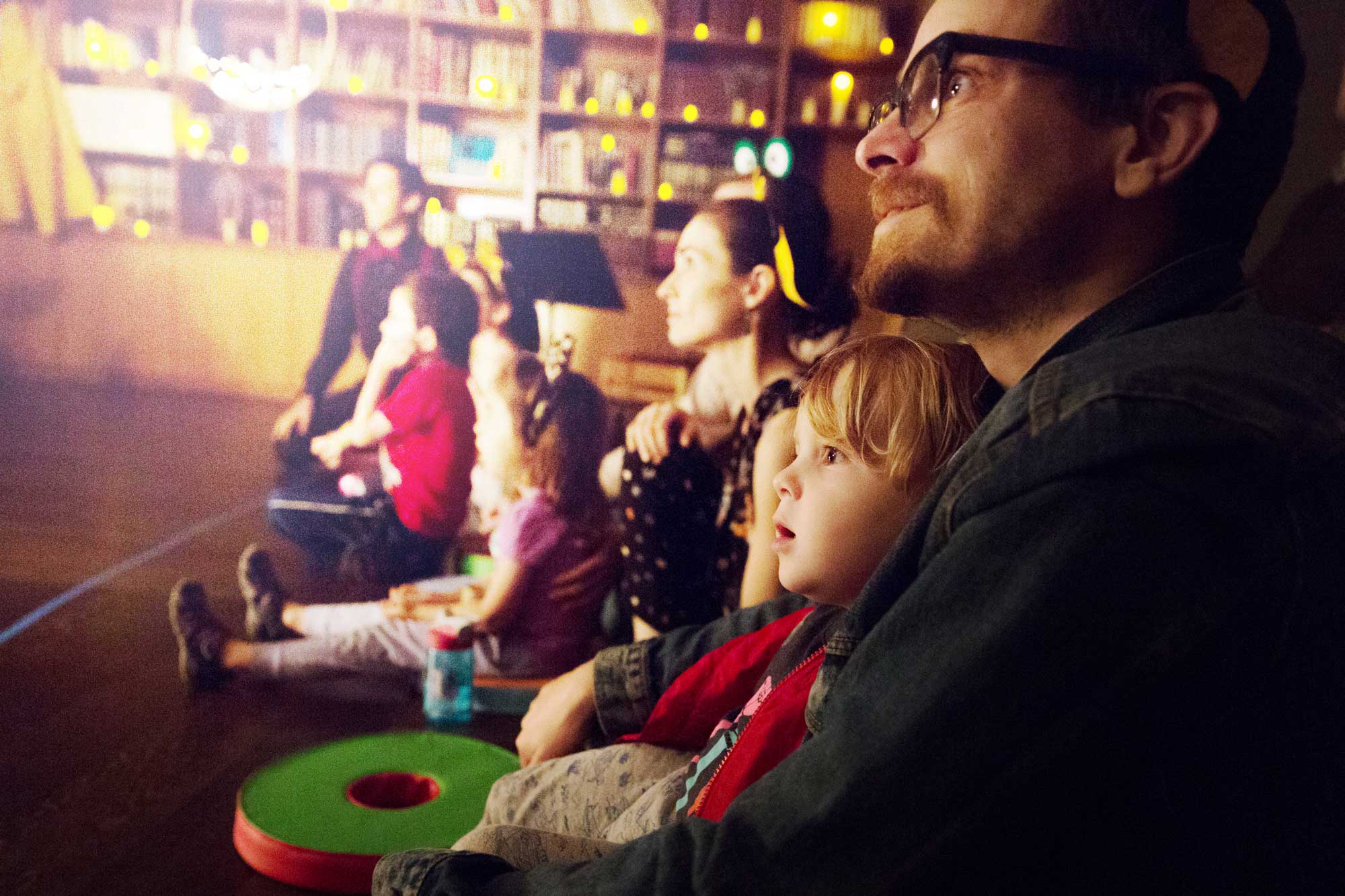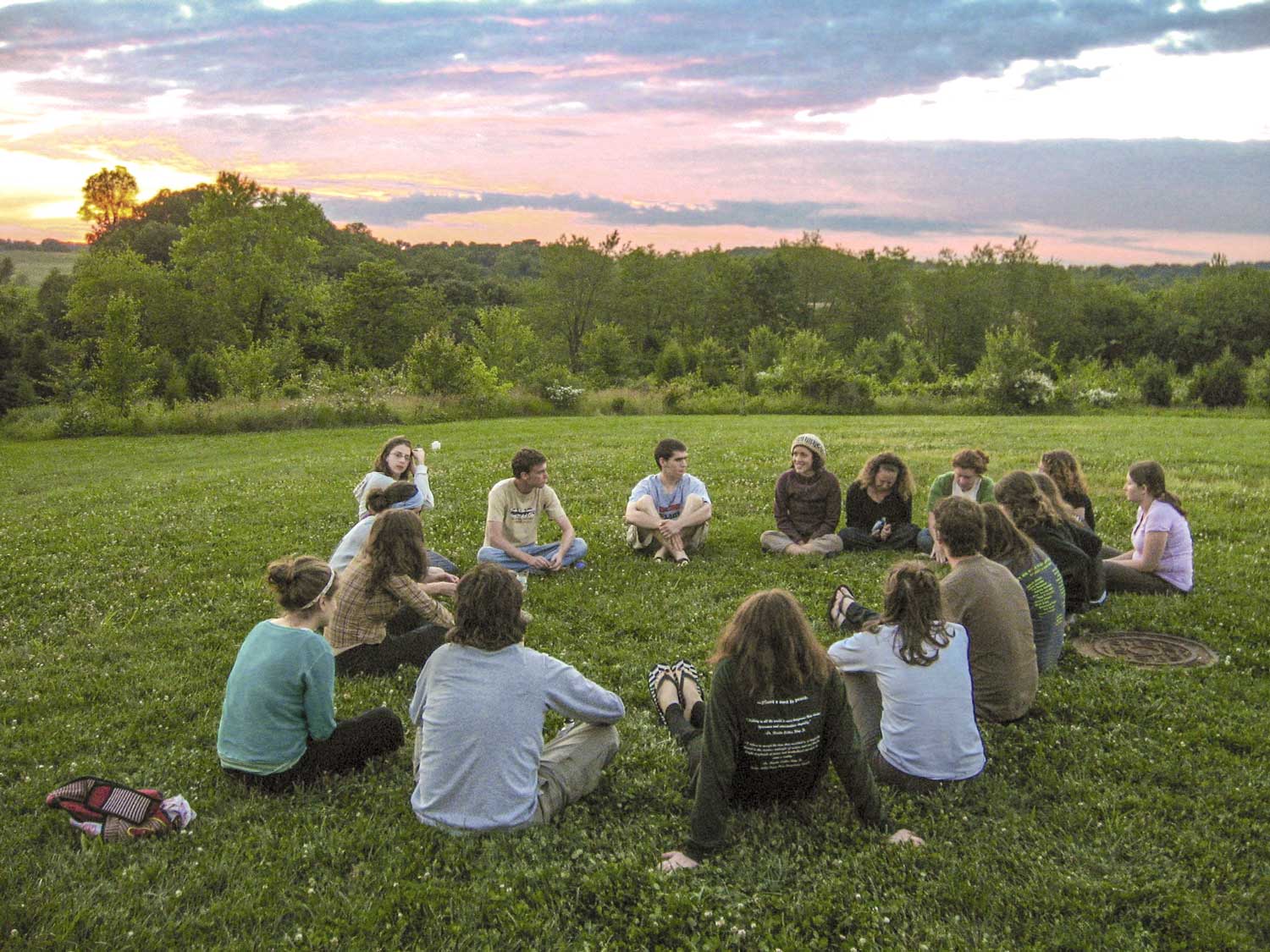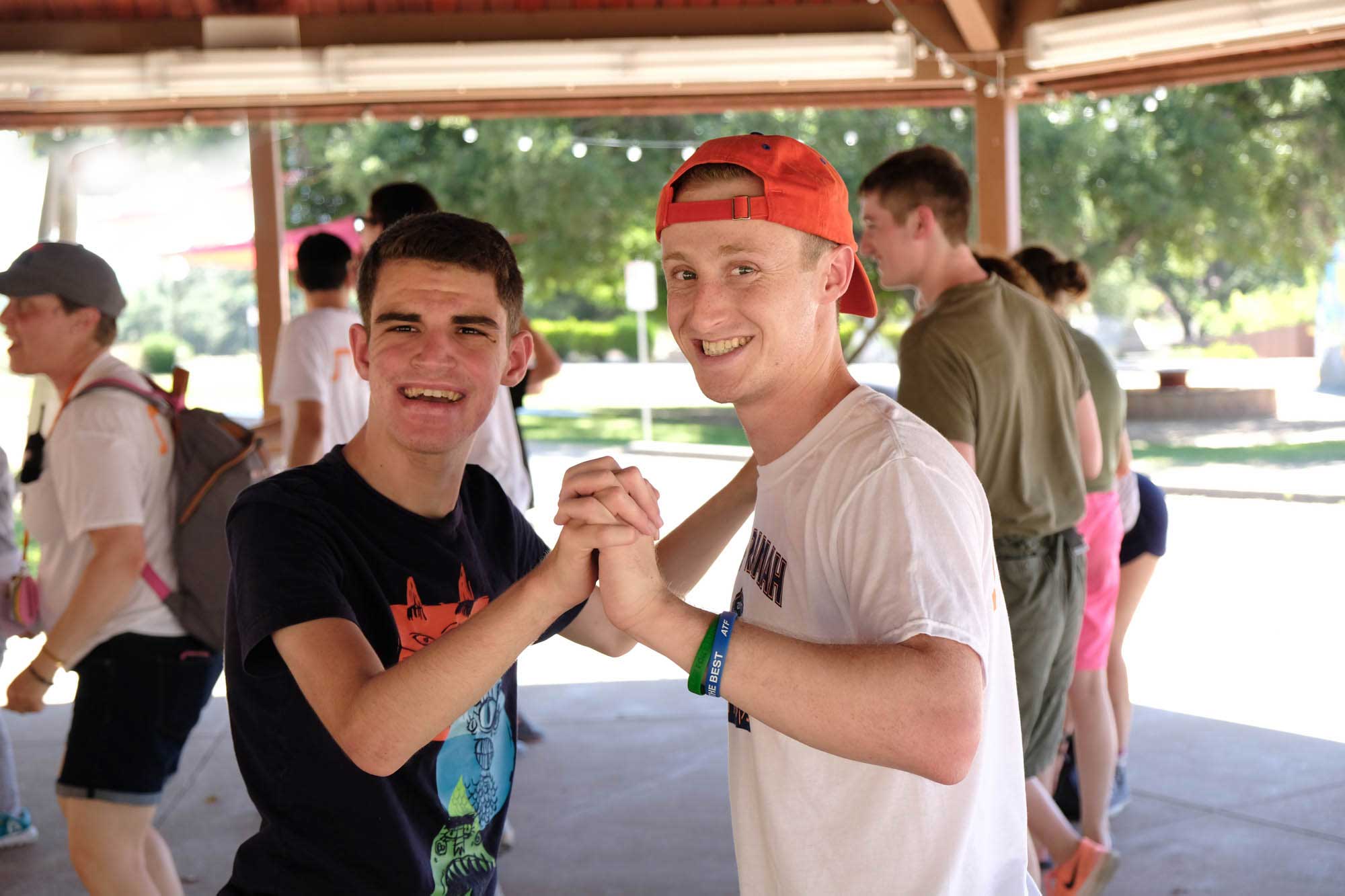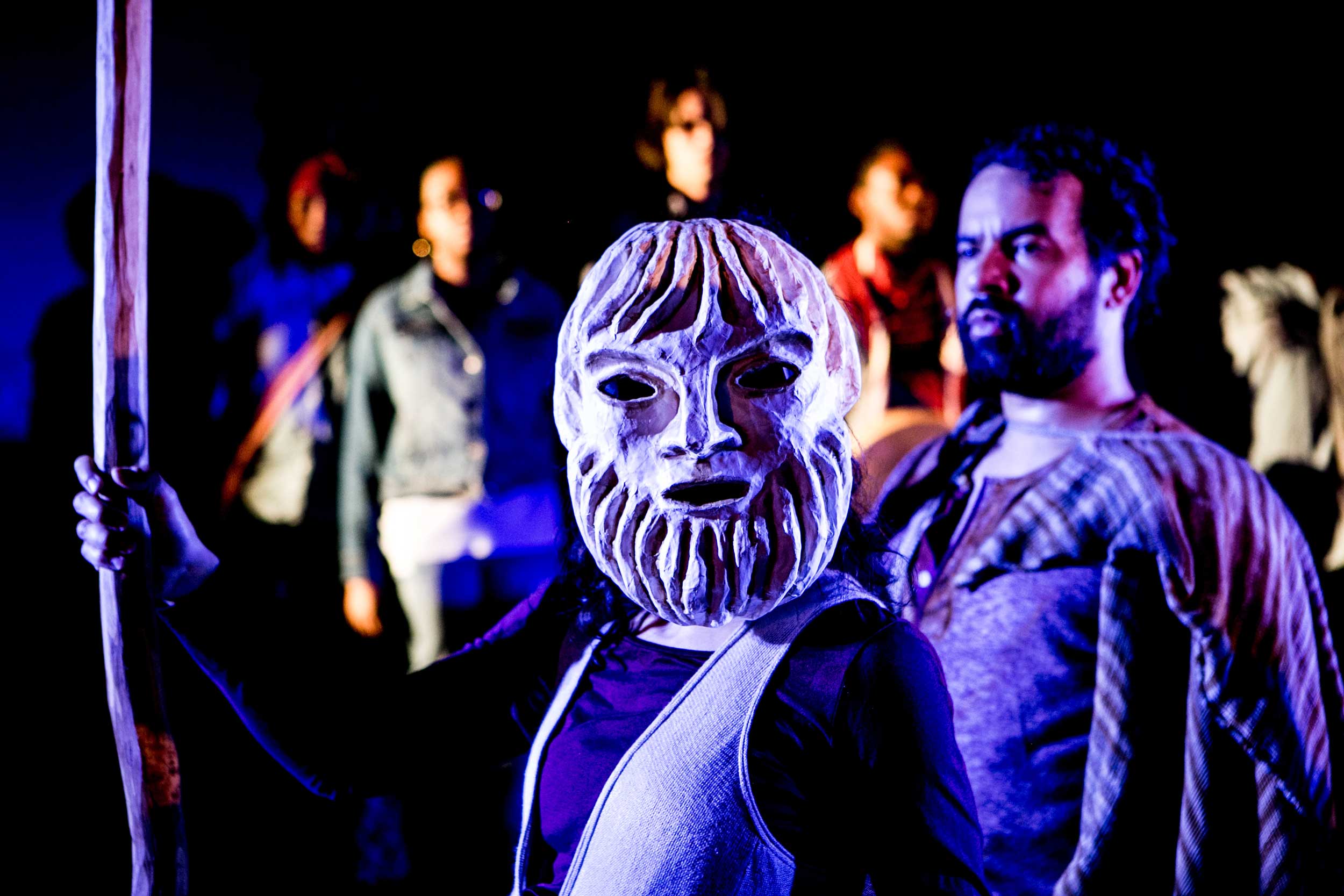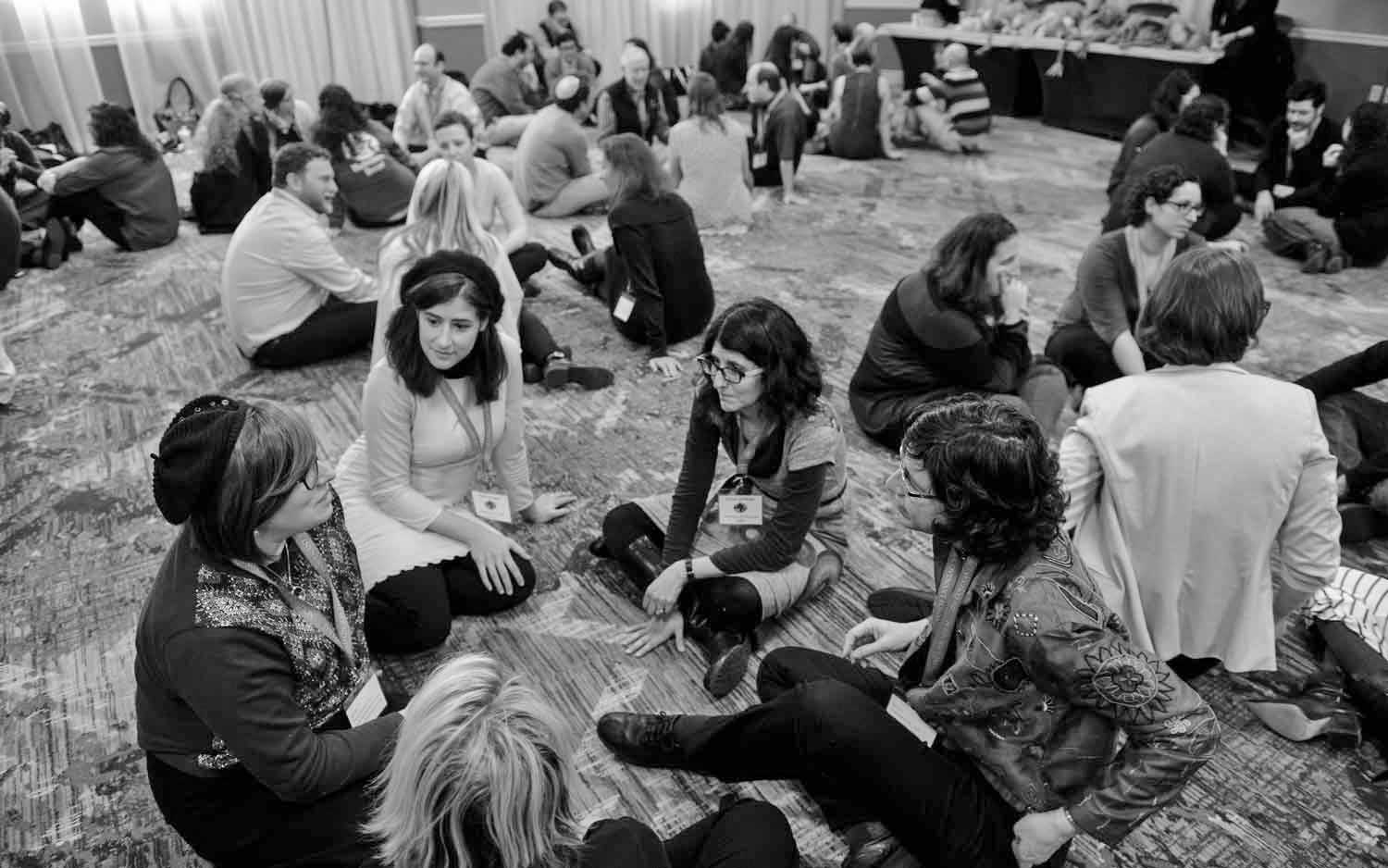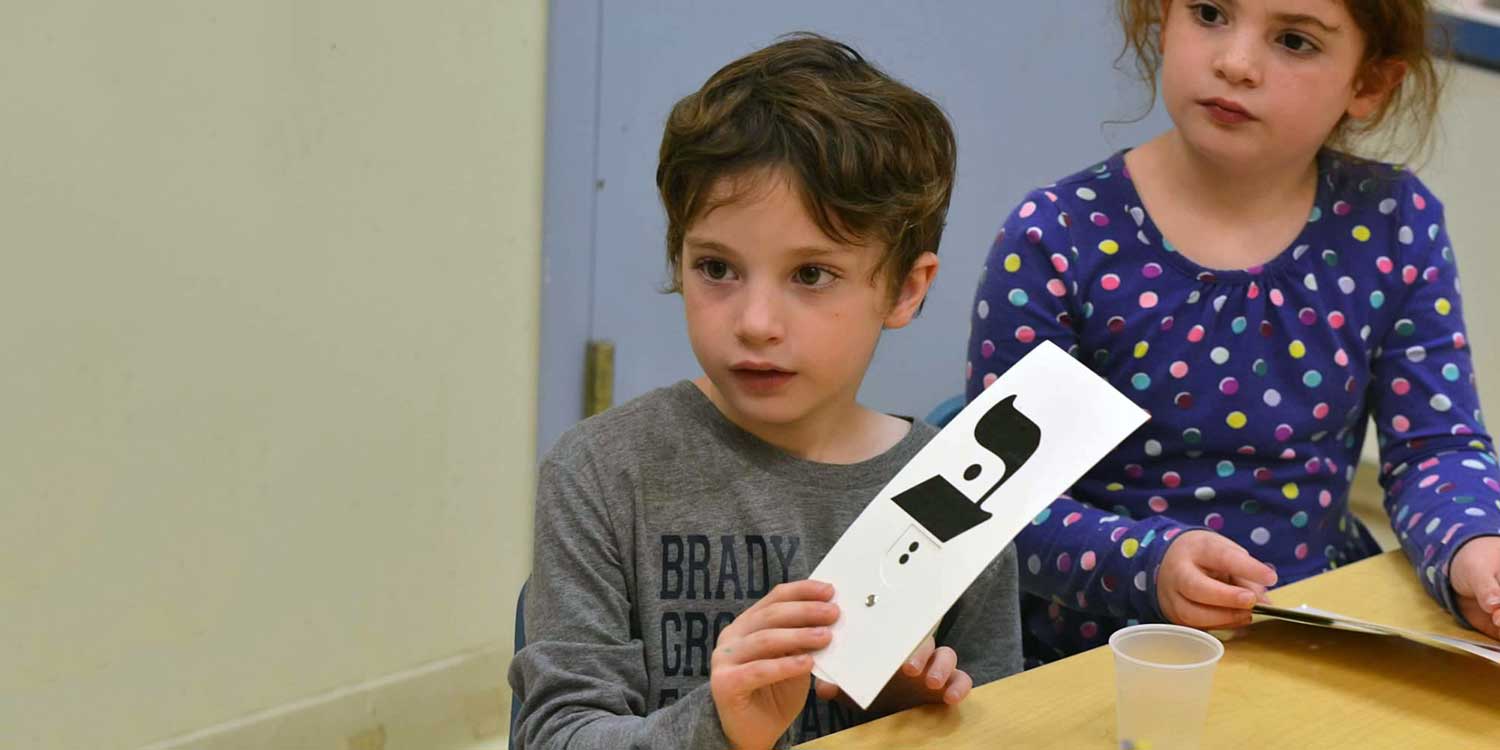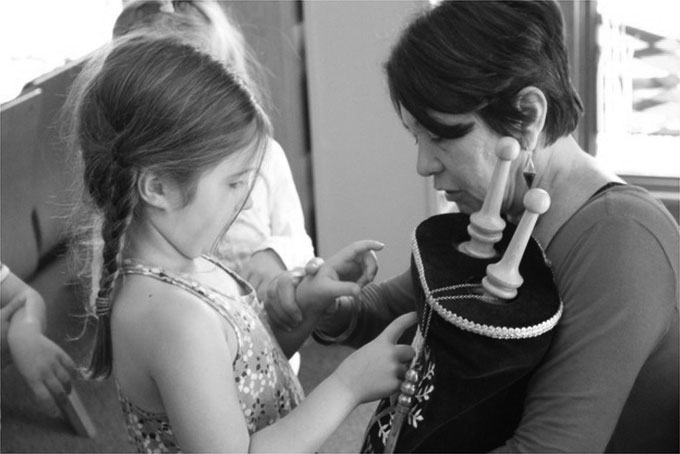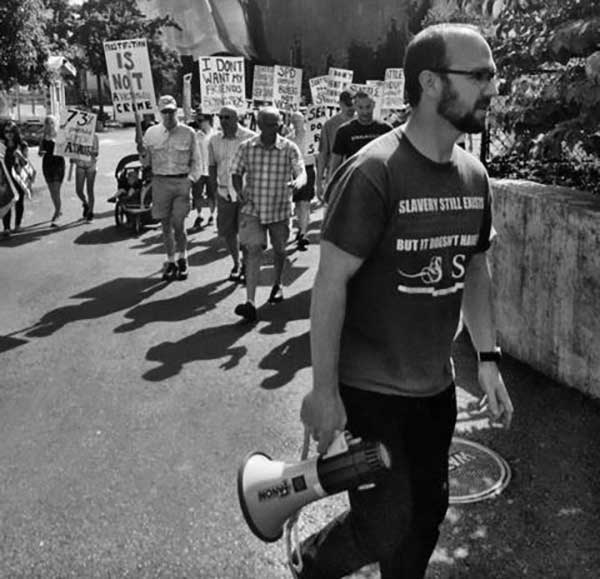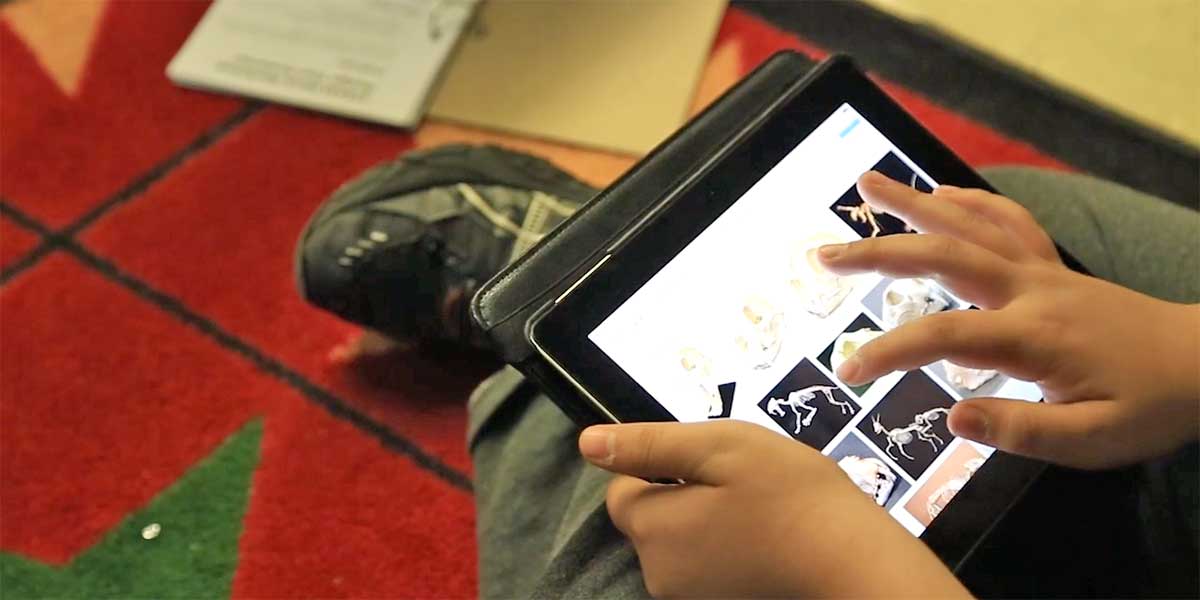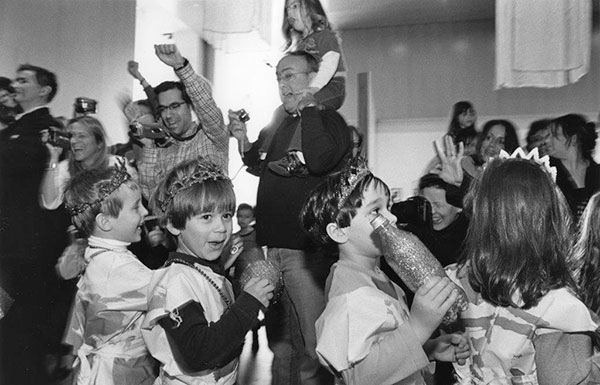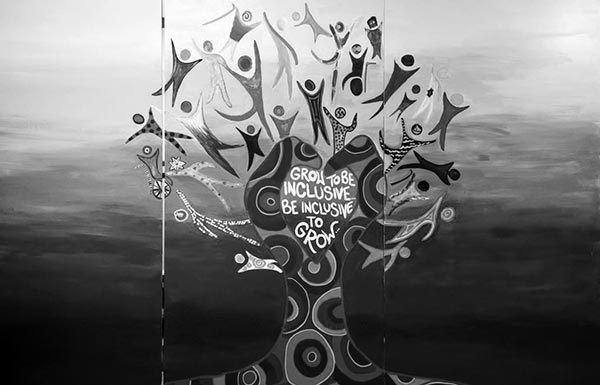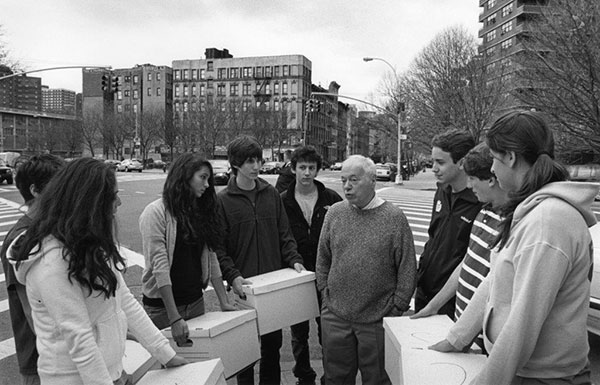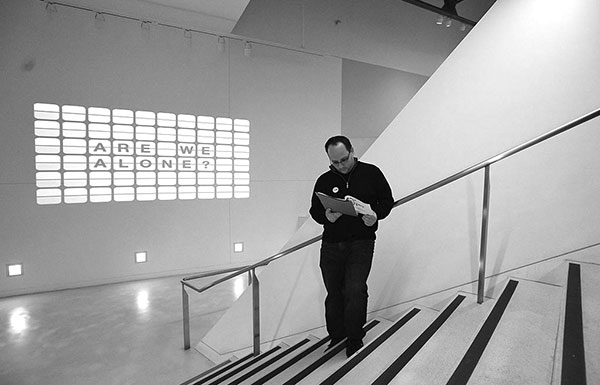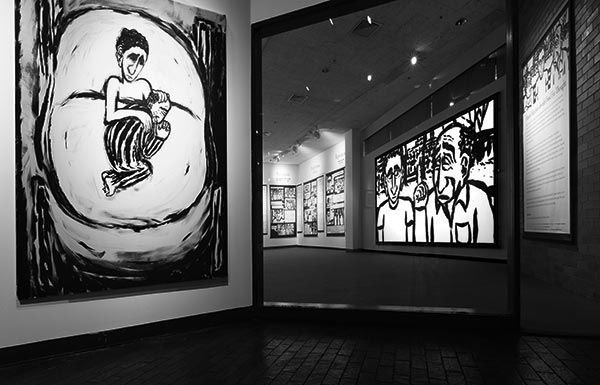
ARTICLE Three Perspectives On Portals, From Three Practitioners in the Field
Portals and Endless Possibilities

I love the language of portals and its suggestion of adventure, exploration, and new worlds. Entering a portal is an embodied experience; one step across that threshold transports you to an utterly different place. We often use this language in our work at the Jewish Women’s Archive because it evokes possibility and newness in ways that the usual language of history just does not. Whereas “history” exists primarily on an intellectual plane, a portal traverses dimensions, carrying you back in time, into the future, or to another world.
Portal seems like a particularly apt metaphor for entry points into Jewish life and learning because ultimately we want those experiences to be deeply experiential and transformative. We also want them to be accessible. A portal has no toll; passage is free. At the same time, a portal is particularistic, not a generic entrance. It conveys a sense of magic, ritual, and power. Similarly, we want to convey that Jewish life is rich, layered, and meaningful beyond what is immediately apparent. We want the encounter with Jewish life to take you on a journey that is profound and surprising. And, given that each of us may enter through the same portal but have a completely different experience of what is on the other "side," the possibilities are endless.
– Judith Rosenbaum, Executive Director, The Jewish Women’s Archive
Onetable as a Portal for Millenials

Like never before, 20s and 30s turn to online social networks and peer-to-peer technologies to meet new people and try new things, yet they crave real life connection. Turned off by institutions that don't seem to add value to their lives, they seek to engage in authentic ways. And in the rapid pace of daily life, they actively carve out time to relax and delight in the delicious details of good food and wine.
Shabbat dinner is a portal into Jewish life, an invitation to slow down on Friday night, savor a meal, and build enduring relationships. It is personal and communal. It is a ritual that each person creates anew, that can connect a community, and that helps millennials celebrate being Jewish in their own way. OneTable is not about reinventing Shabbat dinner, it is about making it feel relevant. It’s not about perfection, it’s about practice. It’s not about one prayer or one ritual. It’s about one community that we can all plug in to. It’s about carving out time where we can pause, and be together with good food, good wine, and good friends.
OneTable is building an online and in-person network of Jewish 20s and 30s who consider Shabbat dinner as a meaningful part of their lives and feel a sense of belonging. OneTable asks millennials to participate in Shabbat dinner as an enduring practice. This runs counter to the instinct of emerging adults to try as many new things as possible, rather than do the same thing repeatedly. Our challenge is to demonstrate (show don't tell) how Shabbat can renew us each week, how celebration can be creative, personalized, and so good that you want to do it again and again.
— Aliza Kline, Executive Director and Rabbi Jessica Minnen, Resident Rabbi, Onetable.org
Portals to Jewish Life: The Snowy Chimney & The Open Door

Once upon a time, in a land far away, there lived a poor man who earned but a “trepik” a day. He kept half of his earnings for himself and his family, and the other half he gave to the guard at the House of Study, the Beit Midrash.
One day, the poor man earned nothing at all. The guard wouldn’t let him in, and so he climbed on the roof and listened in on the teachings through the chimney. It grew darker, colder, and soon snow began to fall. The next morning, the great scholars in the Beit Midrash wondered why the light wasn’t shining into the study-house, and they discovered the poor man, with three cubits of snow upon him. (Yoma 35b)
That was Hillel, and that’s how much he wanted to learn Torah.
Many years later, on a fateful day, the same guard who had kept Hillel out of the Beit Midrash was removed from his post as doorkeeper, and the doors of the Beit Midrash were thrown open, for all to enter. On that day, many benches were added to the study hall – one rabbi claimed that four hundred benches were added, and another that seven hundred benches were added…And, not only that, but when an Ammonite who wanted to convert approached, and wanted to join the learning, the Rabbis agreed that, despite the law stated in Deuteronomy 23 that “an Ammonite and Moabite may not enter the congregation of God,” the Ammonite could convert. (Brachot 28a)
Two portals to Jewish life – closed and guarded, the other, welcoming, accepting, expansive, and inclusive.
We have struggled with this spectrum throughout our history. If we are too closed, too discerning, we risk harming those in our community, freezing them out. We all know the benefits of a warm, welcoming environment, open to all. But there is also something enticing about a challenge—about striving to achieve a goal, about the value in hard work and sacrifice.
Perhaps one way of reconciling this tension is to recognize that Jewish life should be easily accessible, but it should still offer the opportunity for challenge. It should be welcoming to all, and if one chooses, there should be a ladder up to the roof of the Beit Midrash, for those who choose to keep climbing.
We have the difficult and delightful task ahead of us to design a new Beit Midrash; one that beckons all to climb, and strive, and labor and sacrifice.
We must build this Beit Midrash only to knock it down, and keep re-building it, re-designing the portals as we go.
— Maya Bernstein, Associate, Upstart Bay Area
